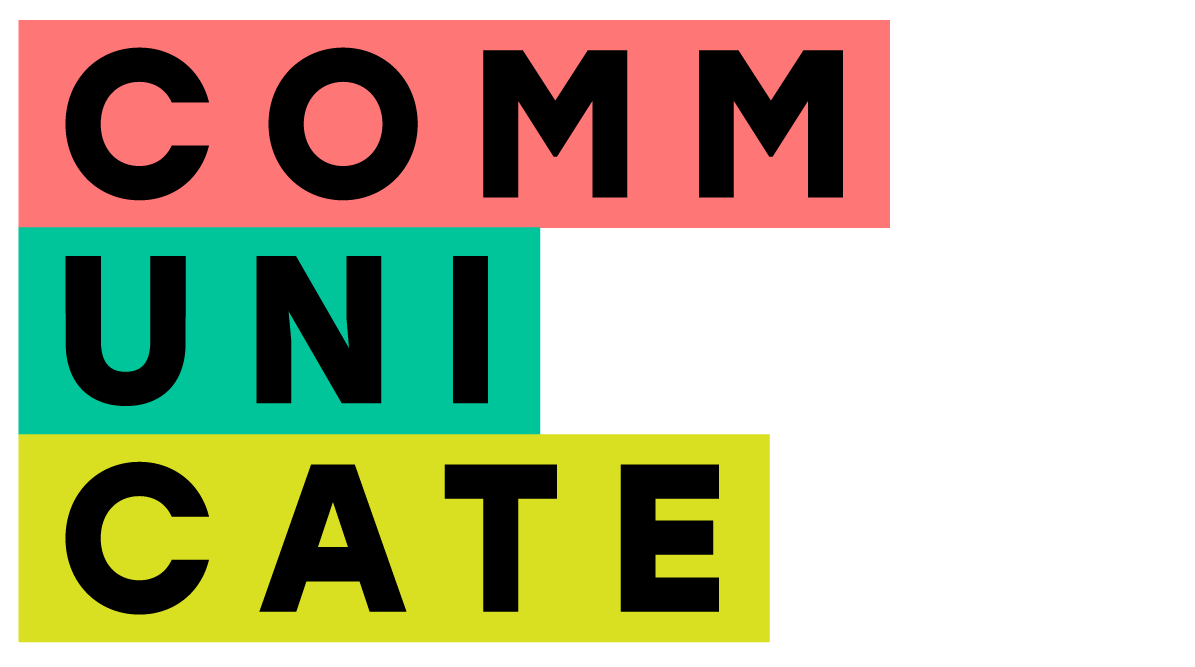Mentorship for DEI: What Are The Benefits and How Do You Implement It
Underrepresented groups often face hurdles in the workplace, from unconscious bias to limited access to networks. These challenges can hinder career advancement and dampen the sense of belonging within an organisation. Mentorship programs offer a critical solution, providing targeted support and guidance to individuals from diverse backgrounds. This article explores the benefits of DEI-focused mentorship for both individuals and organisations, outlining the practical steps required to implement a successful program and the additional power of peer-to-peer mentoring.
Benefits of Mentoring for DEI
Individual Growth:
For individuals from underrepresented groups, navigating the often complex work environment can be particularly challenging. Mentorship provides a crucial lifeline, offering:
Targeted guidance and support: Mentors can help mentees overcome specific obstacles faced by their communities, such as unconscious bias, limited access to networks, or navigating cultural differences.
Enhanced confidence and self-belief: Dedicated support unlocks potential, especially for underrepresented groups, fueling career aspirations and bridging the path to leadership.
Access to valuable networks and opportunities: Mentors can open doors to professional networks and opportunities that might otherwise be inaccessible, accelerating career advancement and leadership development.
A safe space for open dialogue and learning: Mentorship fosters a trusting environment where mentees can openly discuss challenges, seek advice, and learn from their mentor's experiences.
Organisational Impact:
The benefits of mentoring extend far beyond individual mentees, positively impacting the entire organization by:
Promoting a culture of inclusion and belonging: When diverse individuals see themselves reflected in leadership positions and receive the support they need to thrive, it fosters a more inclusive and welcoming environment for everyone.
Breaking down unconscious bias: Mentorship programs can raise awareness of unconscious bias and discrimination in the workplace and equip employees with the tools to challenge it, creating a fairer and more equitable workplace where employees can advocate for themselves.
Boosting innovation and creativity: When diverse voices are heard and valued, it sparks creativity and leads to innovative solutions that benefit the entire organization.
Enhancing employee engagement and retention: Feeling supported and valued through mentorship programs increases employee satisfaction and engagement and reduces turnover, leading to a more stable and productive workforce.
Implementing a Successful Mentorship Program:
Building a successful DEI-focused mentorship program requires careful planning and execution. Here are some key steps:
Set clear goals and objectives: Define what you want to achieve with your program, such as increasing representation in leadership roles or improving employee engagement among underrepresented groups.
Match mentors and mentees thoughtfully: Consider factors like skills, experience, and cultural backgrounds to create meaningful pairings.
Provide training and support: Equip both mentors and mentees with the necessary skills and resources to make the most of the program.
Track progress and measure impact: Regularly evaluate the program's effectiveness and make adjustments as needed.
Peer Mentoring:
Peer mentoring fosters a powerful exchange in such scenarios. Here's why:
Increased relatability: Peers often share a common understanding of workplace nuances and microaggressions faced by their group. This creates a safe space for open dialogue and support that may not exist with senior mentorship.
Shared solutions: Peers can brainstorm strategies and solutions tailored to their specific experiences. This promotes a sense of empowerment and ownership in tackling DEI challenges.
Building solidarity: Peer mentoring fosters a sense of community and belonging among underrepresented groups. This encourages collective action and amplifies voices for greater impact.
Developing leadership skills: Peer mentors hone their communication, empathy, and problem-solving skills, preparing them for future leadership roles within their communities.
Implementing Peer Mentoring for DEI:
Identify mentorship needs: Assess the specific challenges and aspirations of different underrepresented groups to tailor the program effectively.
Create a support system: Provide training and resources for peer mentors to build their skills and foster successful connections.
Promote visibility and recognition: Highlight the program's benefits and celebrate successes to encourage participation and build cultural trust.
Peer mentoring is not a replacement for traditional programs but rather a complementary element. Fostering horizontal support and shared empowerment unlocks a new dimension of DEI initiatives.
Taking Action: Embracing Mentorship for Yourself and Your Organisation
Whether you're a seasoned professional or just starting your career journey, there's a place for you in the world of mentorship. Here's how you can get involved:
Seek out a mentor or become a mentor yourself. Talk to your HR department, professional networks, or industry associations to find suitable mentoring opportunities.
Advocate for mentorship programs within your organisation. Share the benefits of this approach with leadership and decision-makers.
Create a culture of open communication and support. Foster a work environment where mentorship is encouraged and valued.
Investing in DEI-focused mentorship programs is not simply a feel-good initiative; it's a strategic decision with tangible benefits. Organisations unlock a wealth of talent and create a more inclusive and innovative environment by empowering individuals from underrepresented groups to overcome obstacles, build confidence, and reach their full potential. Let's harness the collective strengths of diverse talent and build a truly thriving workplace for everyone.
If you want to become a DEI Mentor and advocate for inclusivity or if employees in your organisation need DEI training, we offer workshops on a range of DEI topics, from unconscious bias to inclusive language and leadership. Check out our Workshop Training Guide to learn more about how we can help you and your organisation reach your inclusive goals.
